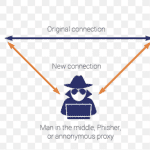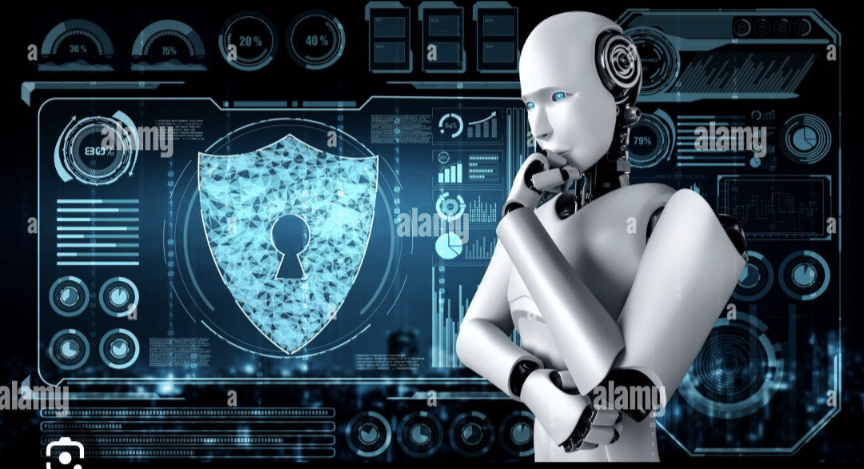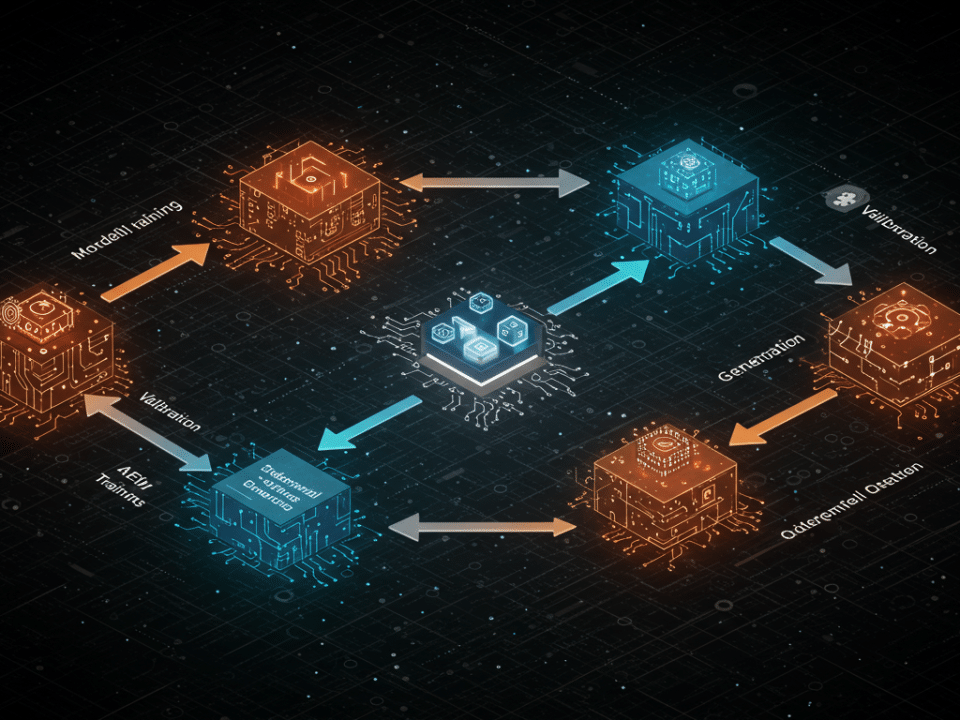
The 7 Deadly Sins of Security Awareness Training Unveiling the Pitfalls and Embracing Effective Strategies
November 26, 2023
Man in the Middle Attacks: How to Protect Yourself
November 29, 2023AI Security: Shielding the Future of AI from Cyber Threats
Artificial intelligence (AI) is rapidly revolutionizing our world, transforming industries, and reshaping our daily lives. From self-driving cars and medical diagnosis to personalized recommendations and fraud detection, AI is permeating every aspect of our existence. However, with the increasing sophistication and pervasiveness of AI systems, the need for robust security measures has become paramount. AI security is no longer an afterthought but an essential component of responsible AI development and deployment.
The Landscape of AI Security
AI security encompasses a broad spectrum of challenges, encompassing both technical and non-technical aspects. At the technical level, AI systems are vulnerable to a range of cyberattacks, including unauthorized access, data manipulation, and model poisoning. These attacks can compromise the integrity and reliability of AI systems, leading to erroneous decisions, financial losses, and even physical harm.
Beyond technical vulnerabilities, AI security also involves ethical considerations and societal implications. AI systems can perpetuate biases, discrimination, and privacy violations if not carefully designed and implemented. It is crucial to ensure that AI systems are developed and used in a responsible and ethical manner, safeguarding individual rights and promoting fairness and transparency.
Securing AI Systems: A Multi-Faceted Approach
Addressing AI security requires a comprehensive and multifaceted approach that encompasses the entire AI lifecycle, from development and deployment to operation and maintenance. Here are some key principles for securing AI systems:
- Secure by Design: AI systems should be designed with security in mind from the outset. This includes employing secure coding practices, using robust testing methodologies, and incorporating security controls throughout the system’s architecture.
- Data Protection: Data is the fuel that powers AI systems. It is essential to safeguard sensitive data from unauthorized access, modification, or destruction. This involves implementing data encryption, access control mechanisms, and data loss prevention strategies.
- Model Security: AI models, the brains of AI systems, are vulnerable to manipulation and poisoning attacks. Model security measures include adversarial training, input validation, and anomaly detection techniques.
- Monitoring and Threat Detection: Continuous monitoring and threat detection are crucial for identifying and responding to security breaches promptly. This involves leveraging security analytics, intrusion detection systems, and vulnerability scanning tools.
- Ethical Considerations: AI systems must be developed and used in an ethical manner, respecting individual privacy, promoting fairness, and ensuring transparency. This requires incorporating ethical principles into the AI development process and establishing clear governance frameworks.
The Road Ahead: Towards a Secure AI Future
AI security is an evolving field, requiring ongoing research, collaboration, and innovation. As AI technology continues to advance, so must our approaches to securing these systems. By adopting a comprehensive and proactive approach to AI security, we can ensure that AI continues to benefit society while mitigating the associated risks.
AI has the potential to drive progress and solve some of the world’s most pressing challenges. However, without robust security measures, AI’s potential can be overshadowed by vulnerabilities and threats. By prioritizing AI security, we can harness the power of AI for good, shaping a future where AI is secure, trustworthy, and beneficial for all.
#AIsecurity #cybersecurity #artificialintelligence #machinelearning #ethics #futureofAI #responsibleAI #AIgovernance #AIriskmanagement




